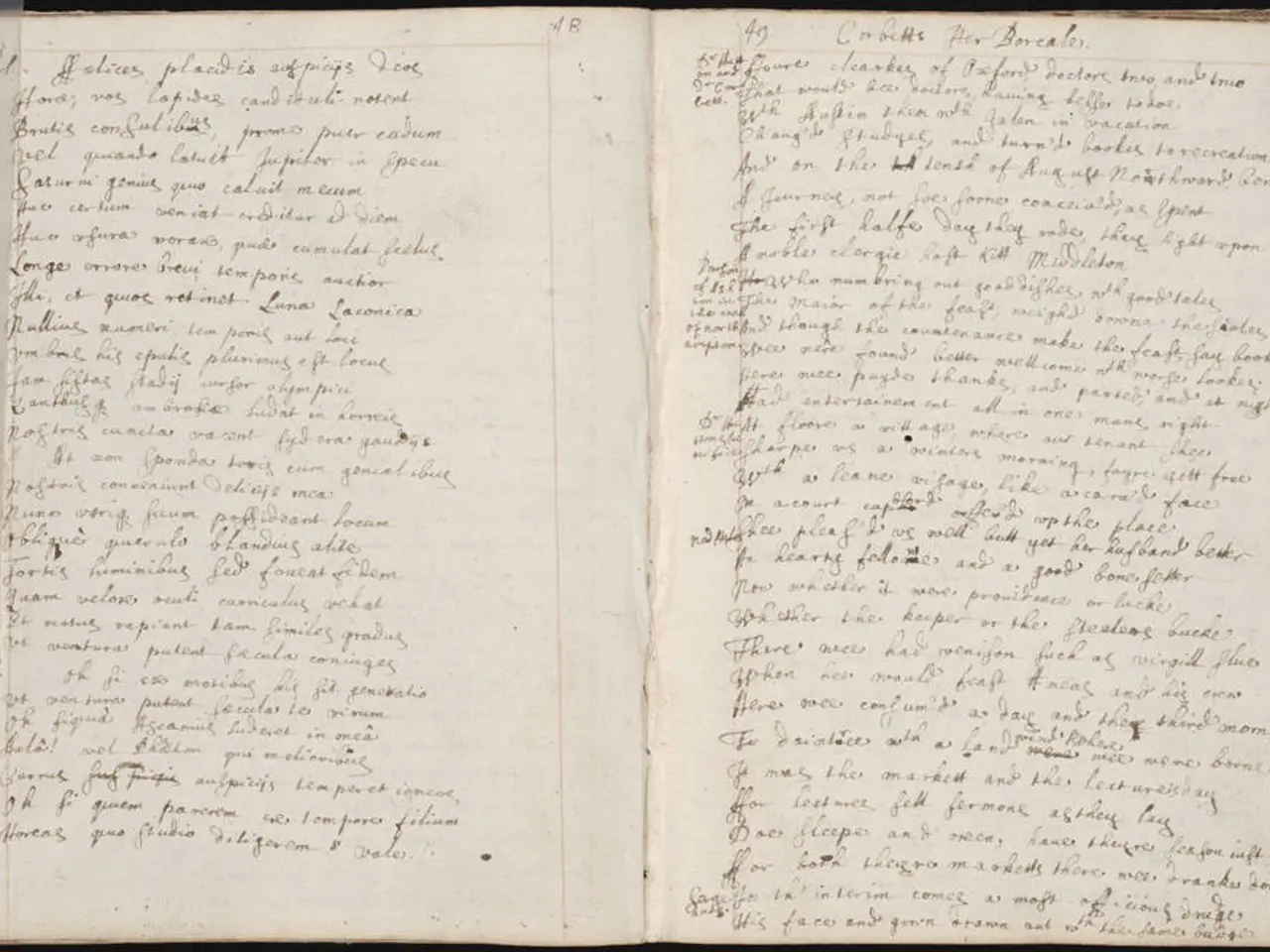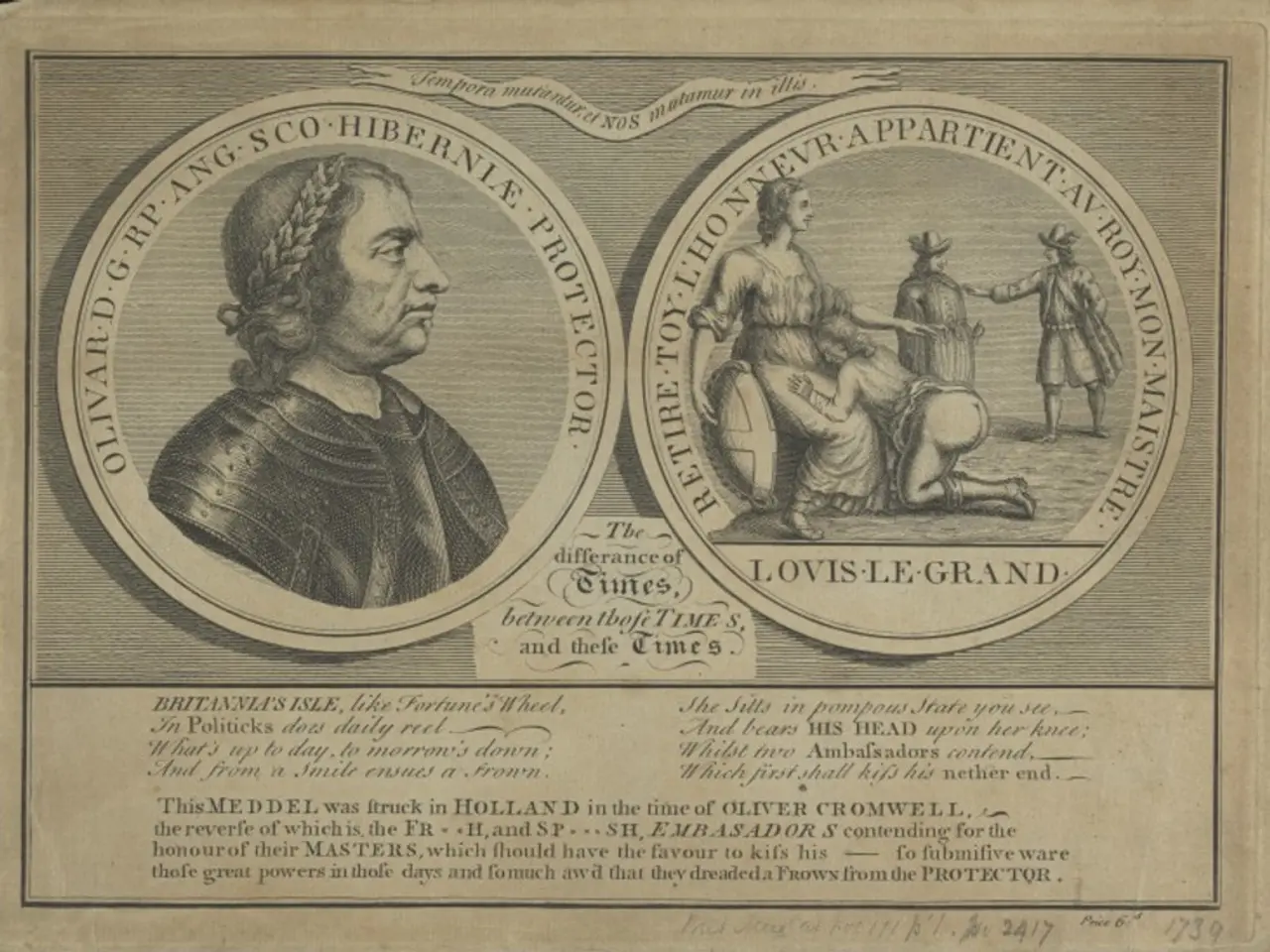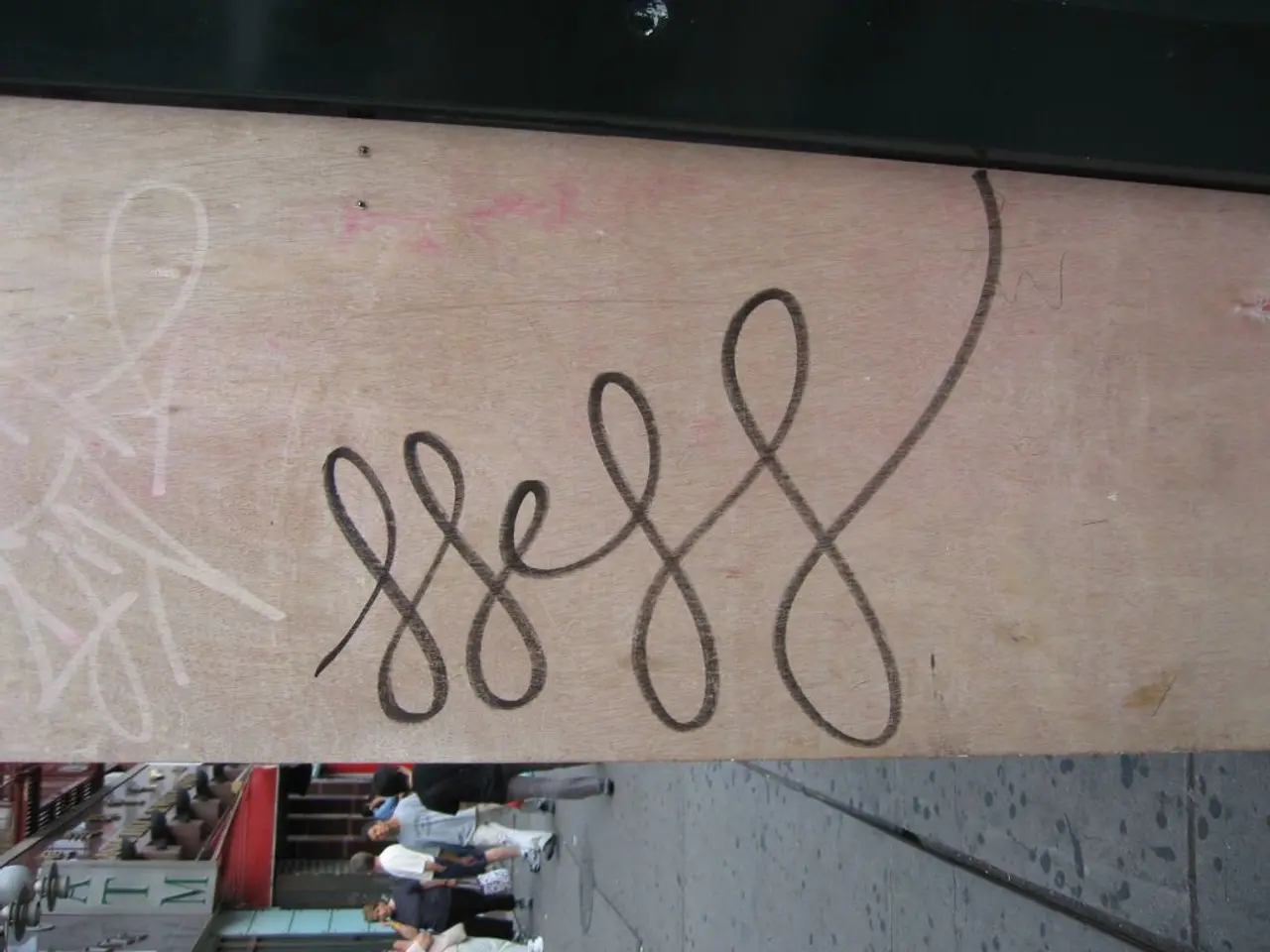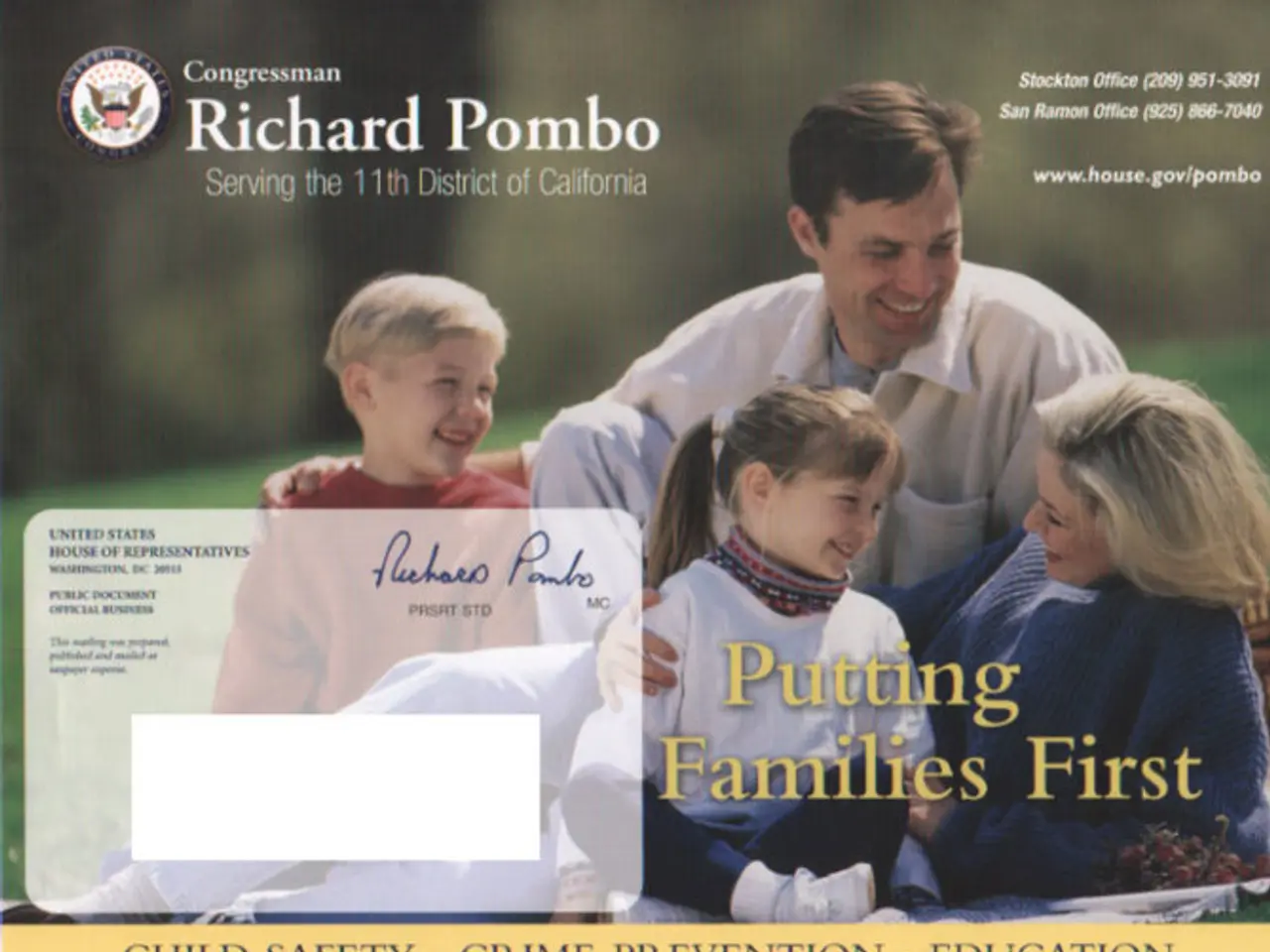Tennessee Witnesses the Scopes Monkey Trial
A Century Later, the Scopes Trial Continues to Resonate
Exactly a century ago, the Scopes Trial took place in Tennessee, marking a significant moment in U.S. history. This highly publicized legal case became a symbolic confrontation between modernists and fundamentalists, as it highlighted the deep conflict between modern science and religious fundamentalism in education.
John T. Scopes, a high school teacher, found himself accused of violating the Butler Act, a law that prohibited teaching human evolution in public schools. The trial, officially known as the State of Tennessee v. John Thomas Scopes, drew national attention and was the first American trial broadcast on radio, bringing the debate over science versus faith into the public sphere.
The courtroom drama featured opposing figures: Clarence Darrow, a renowned defense attorney, defending Scopes, and William Jennings Bryan, a former Democratic presidential candidate and Secretary of State, prosecuting on behalf of the religious fundamentalist view. Beyond its legal proceedings, the trial epitomized larger societal tensions in the 1920s over cultural change, modernization, and the role of scientific ideas in public education.
The Scopes Trial represented the struggle to reconcile religious beliefs with new scientific understandings, particularly evolution. It underscored that this conflict was not purely scientific but deeply cultural and theological, marking a turning point that helped shape ongoing debates in American culture about education, religion, and science.
J. Robert Parks, a former professor and frequent contributor to our company In Context: U.S. History, reflects on how our understanding of history affects and reflects contemporary culture. According to Parks, the Scopes Trial is considered one of the most culturally significant U.S. trials of the twentieth century.
The trial's theme of the battle between intellectual freedom and demagoguery might still be relevant in the 21st century. In fact, resources on the topics raised by the Scopes Trial can be found in our company In Context: U.S. History.
Herman Mencken, a journalist, covered the trial and highlighted the contrast between science and faith. Scopes took up the challenge and even encouraged his students to testify against him. When Darrow focused on whether the Bible should be taken literally, Bryan struggled to respond, as various passages seemed to defy a literal interpretation.
The American Civil Liberties Union offered to defend any teacher who was prosecuted under the law that made it illegal to teach evolution in public schools. The trial became a sensation due to Bryan's involvement, and the play Inherit the Wind reinforced Mencken's dichotomy between intellectual freedom and demagoguery.
Charles Darwin's theory of evolution was a central issue in the Scopes Trial. The battle between modernists, who saw evolution as compatible with religion, and fundamentalists, who insisted on strict biblical literalism, continues to shape debates in American culture about education, religion, and science. As we reflect on the Scopes Trial's anniversary, it serves as a reminder of the ongoing struggle to reconcile our understanding of the world with our deeply held beliefs.
- In the debate between science and religion, the ongoing struggle to reconcile our understanding of the world with deeply held beliefs, like the one portrayed in the Scopes Trial, can be found in various medical-conditions discussions and education-and-self-development debates today, particularly those revolving around the teaching of medical-conditions influenced by evolution.
- In modern entertainment, the fight between intellectual freedom and demagoguery, as symbolized by the Scopes Trial, can be explored through movies, plays, and literary works that tackle themes of science versus faith, such as in 'Inherit the Wind' or other similar productions focusing on medical-conditions or education.




